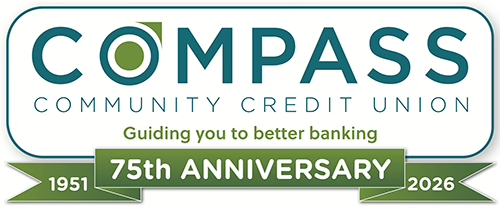Every year, scammers inundate senior Americans with all kinds of fraudulent schemes. Here are just a few:
- Phony investment schemes
- Bogus charity fundraisers
- Medicare fraud
- Fraudster posing as a family member in need
- Predatory reverse mortgages
- Sweepstake scams
- Fictitious surveys
Be wary of emails requesting personal information. Scammers send bogus emails that look like they come from a company you recognize. They include the company’s branding and logo so you think it’s legitimate. These scams are designed to trick you into providing your username and password. Do not click on any links in the email. Contact the company directly through their website by typing the web address yourself. You can also call the phone number that you have on file or the number listed on their website.
Crooks like to create fake websites that look genuine. They can be very impressive to deceive you into thinking it’s real. Then, they try and trick you into providing your debit/credit card number or your username and password. The best thing to do is go directly to the website by typing the web address yourself rather than from the link. Look at the website address and make sure it matches the site you’re trying to access.
Tip: Scammers usually misspell or add an extra letter to the website address. An example is Amazon becoming “Amazone” or “Amazne.”
Fraudsters con people every year. It can be difficult for some to admit they may have been victimized. According to AARP, there are several telltale signs to watch for:
- Money and valuables are disappearing for no good reason.
- Bills aren’t paid, and a parent seems confused about finances.
- They are being secretive about money and asking for more. There may be strange credit card charges.
- A family member won’t answer questions about your parent’s money.
- Someone new befriends your parent and manages to take joint title to accounts and property.
To help keep our seniors safe, the Consumer Financial Protection Bureau has created some free materials at www.consumerfinance.gov.
For additional tips, visit https://compassccu.org/securitytips/



